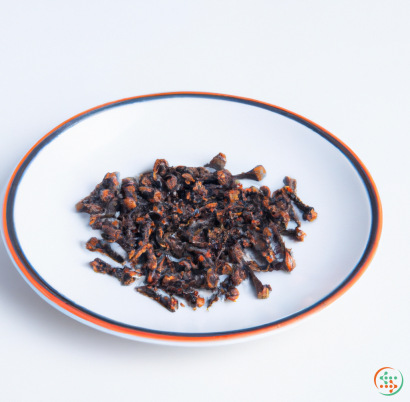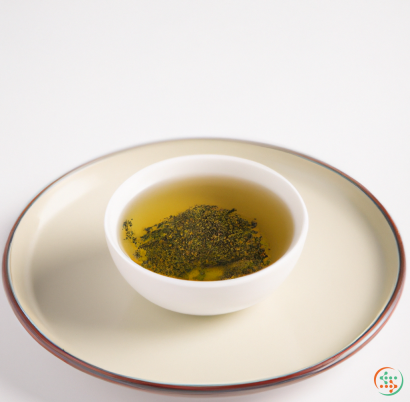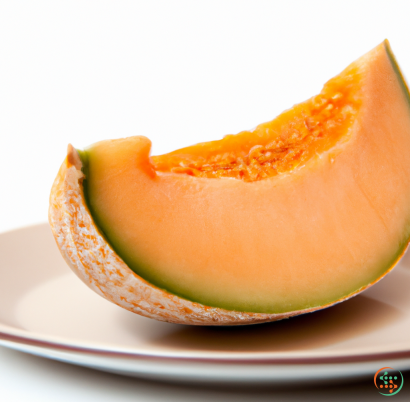Avocado: Complete Sugars and Carbohydrate Profile
Avocado: Considered a good source of carbohydrates?
Yes, avocado is a good source of lipids. Lipids are a type of biomolecule found in all living organisms that play an important role in physiological processes and make up the main component of cell membranes. They also provide an energy-dense form of nutrition. Avocado contains both mono- and polyunsaturated fatty acids like Oleic acid, Linoleic acid, Alpha-linolenic acid and Palmitic acid, making it one of the best sources of essential fatty acids (EFAs). These EFAs have numerous health benefits, including boosting heart health, reducing inflammation, improving cognitive function and helping to regulate hormones. They are also beneficial for skin and hair care, providing moisture and protection from free radical damage. In addition, avocados contain various vitamins, minerals and antioxidants, which further enhance its health properties.
Avocado ‐ Types of Sugars
Introduction
Fats and lipids play a vital role in the human diet. They provide essential fatty acids, calories to fuel our bodies, and help absorb important vitamins and minerals. The avocado, an increasingly popular food item found in cuisines across the world, contains fats and lipids that can be beneficial for health and wellness. In this paper, we will explore the types of fats and lipids found inside avocados and explain their potential benefits.
Mono- and Polyunsaturated Fats
Avocado is an excellent source of mono- and polyunsaturated fats. Mono- and polyunsaturated fats have been shown to reduce LDL (bad) cholesterol levels and increase HDL (good) cholesterol levels when consumed as part of a balanced diet. Monounsaturated fat, also known as MUFA or “healthy” fat, is primarily composed of oleic acid. Oleic acid has been linked to decreased inflammation in the body, improved cardiovascular health and a lower risk for type 2 diabetes. Avocados are especially high in monounsaturated fats, containing about 15 grams per one medium-sized fruit.
Polyunsaturated fat is made up of two categories: omega 3 and omega 6 fatty acids. Omega 3 fatty acids include alpha linolenic acid (ALA), eicosapentaenoic acid (EPA), and docosahexaenoic acid (DHA). ALA is considered the most important of these three essential fatty acids – it helps support metabolism, cell growth and development, immunity responses and more. EPA and DHA are typically found in cold water fish and marine animals, but can be obtained through vegetarian sources such as avocados as well. Avocados contain approximately 1.24mg/g of both EPA and DHA combined. The other main type of polyunsaturated fat present in avocados is linoleic acid (also called LA or omega 6 fatty acids). These fatty acids serve several roles within the human body from nourishing skin cells to helping regulate blood sugar levels. On average, avocados contain about 4.4 g/1000g of linoleic acid.
Saturated Fat
Saturated fats make up a small portion of total fat content in the avocado. Saturated fats, which consist mostly of palmitic and stearic acid, make up less than 5% of the overall fat content in avocados. As with all dietary fats, moderation is key. Too much saturated fat consumption has been linked to heart disease, stroke and weight gain. However, saturates fats may still provide some positive health benefits within avocados. For example, research indicates that consuming higher amounts of saturated fats from olive oil and nuts had a beneficial effect on markers of glycemic control compared to low saturated fat diets. While too much saturated fat is not recommended, incorporating moderate amounts into one's diet, such as those found in avocados, may offer some advantage.
Vitamin E
Avocados are an exceptional source of vitamin E, providing 2.2 mg/100g or 20%. Vitamin E is a fat-soluble nutrient responsible for aiding immune function, vision, reproduction and healthy skin. This powerful antioxidant acts like a shield against damaging free radicals that enter the body and protect us from illnesses. Also, because vitamin E is fat soluble, it is best absorbed when eaten with other sources of fat – making avocado an ideal choice.
Phytosterols
Avocados are also rich in phytosterols, plant compounds that operate similarly to cholesterol in the body. There are over 200 different phytosterols, and they can be naturally found in fruits, vegetables, nuts, legumes, grains and vegetable oils. Phytoesterols are not only found in avocado but also sunflower seeds, which are often used in guacamole recipes. Studies suggest that eating foods high in phytosterols may reduce bad cholesterol, thus reducing one’s risk of heart disease. Additionally, clinical trials indicate that supplementing with phytosterols may also improve atherosclerosis, or hardening of the arteries.
Conclusion
In conclusion, avocados are packed full of beneficial fats and lipids that can potentially benefit overall health and wellness. From mono- and polyunsaturated fats proven to reduce LDL cholesterol levels to vitamin E and phytosterols necessary for good cellular functioning and proper digestion, avocados certainly have plenty to offer. To reap the greatest rewards, however, it is recommended to consume avocados as part of a balanced diet including a variety of lean proteins, complex carbohydrates, healthy fats and fresh produce.
| Galactose | 0.1 grams |
Daily Value ug
|
| Glucose | 0.37 grams |
Daily Value ug
|
| Fructose | 0.12 grams |
Daily Value ug
|
| Sucrose | 0.06 grams |
Daily Value ug
|







